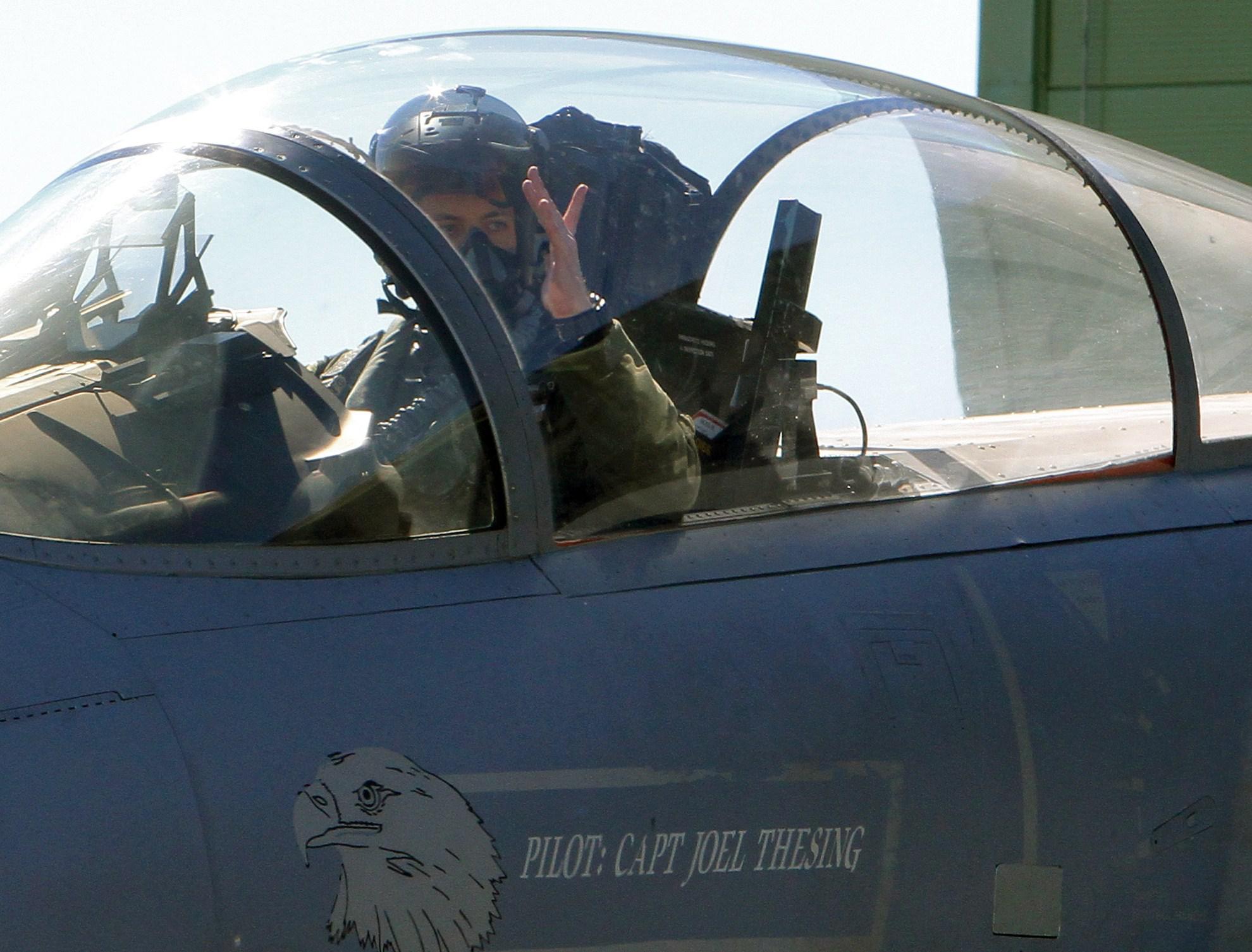Estonia, Latvia, and Lithuania are now calling for NATO to permanently base troops on their territory. This follows a similar call from Poland a few days ago.
It’s not surprising that these NATO members are looking for some assurances of the organization’s security guarantees given the fate of some other treaties recently. But the Ukraine events are also leading to some rethinking of NATO’s policy of eastward expansion over the last few decades.
In the National Interest, Georgetown security scholar and CIA veteran Paul Pillar writes:
[A] significant part of this story is how the West cornered the Russian bear before the bear bit back. More specifically, an important element in that story was the eastward expansion of NATO into what had been the Soviet empire, as well as talk about expanding it even further to embrace Ukraine and Georgia….
The United States, relatively secure in its North American redoubt, has historically had a hard time appreciating how much other nations see the threatening side of someone else encroaching into their own neighborhood. Even though we have had our own Monroe Doctrine, we tend not to notice equivalent sentiments on the part of others. It should not have been as hard as it apparently was to anticipate how extension of a western military alliance to the borders of the old Soviet Union, and moves toward extending it even farther, would elicit some of the Russian sentiments that it has, especially in a country that lost 20 million people in World War II.
None of this excuses Russia’s actions (NATO Secretary General Anders Fogh Rasmussen countered Russia’s recent accusations last week), but it’s certainly worth understanding the degree to which Moscow felt that NATO’s eastward moves were a direct threat, as well as a violation of commitments made by the United States during the breakup of the Soviet Union.
It’s also interesting to ponder what the past few weeks’ events mean for the future of the alliance. Ukraine once expressed a strong desire to join NATO, an aspiration supported by the Bush administration, but this seems extremely unlikely today. The strange thing about NATO membership is that the more likely a country is to actually have need of a mutual defense treaty, the less likely it is to get it. As long as countries like Ukraine and Georgia still have unresolved territorial disputes with Russia, NATO’s members are unlikely to grant them further security guarantees.
So have we reached the end of NATO expansion? The western Balkans might present a few possible new members. Croatia is already in the alliance, and Montenegro is close. Other countries have some unresolved issues to address. Kosovo and Serbia are still at odds over recognition of Kosovo’s independence. Bosnia has faced recent political instability. Macedonia’s accession is being held back by an ongoing dispute with Greece over the country’s name.
Longtime holdouts Sweden and Finland might also be likely candidates, though at this point, a non-NATO mutual defense pact between the two seems more likely.
